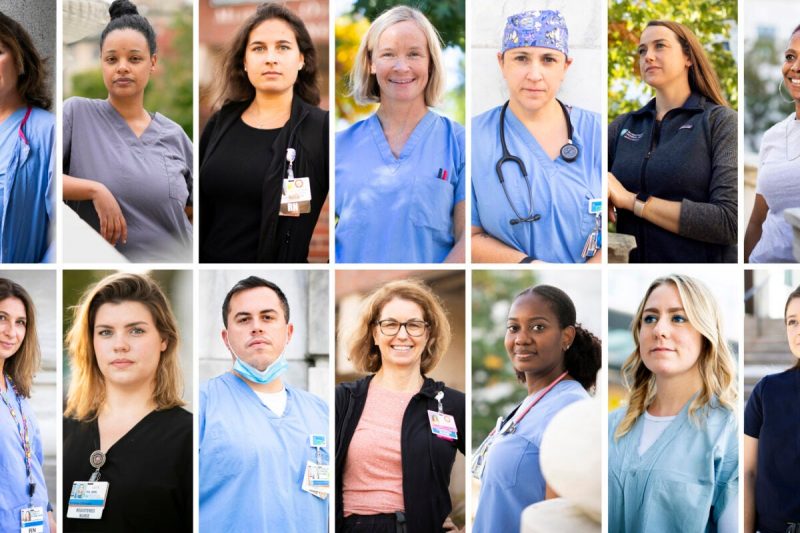Since early 2020, when the pandemic exploded around the world, Massachusetts has seen nearly 19,000 COVID deaths and more than 840,000 cases. If a line graph of hospital admissions over the past 20 months looks like a series of peaks and valleys, the initial surge was Mount Everest for the state’s medical facilities, with patient loads and death rates that have not been matched since. To understand how the crisis has felt for frontline workers caring for the sick and dying, the Gazette reached out to 14 nurses at four Harvard-affiliated hospitals, many of whom work in intensive-care units. When the pandemic began, some had just started their careers, while others had been on the job for years. They risked their lives to stand by their patients, and their stories are marked by hope, heartbreak, and resilience.
Read next
Signaling molecule may prevent Alzheimer’s
New research in humans and mice identifies a particular signaling molecule that can help modify inflammation and…
Alcoholism treatment drug shows potential with COVID-19
Every day, hundreds of thousands of new COVID-19 cases and thousands of new deaths are still being reported…
Harvard Chan School professor discusses delta variant
The delta variant of the coronavirus has been spreading rapidly throughout the U.S. and worldwide. William…
Harvard’s Hanage discusses Omicron as first U.S. case is detected
Pandemic scientists have spent the last few days racing to learn more about the coronavirus variant Omicron,…









